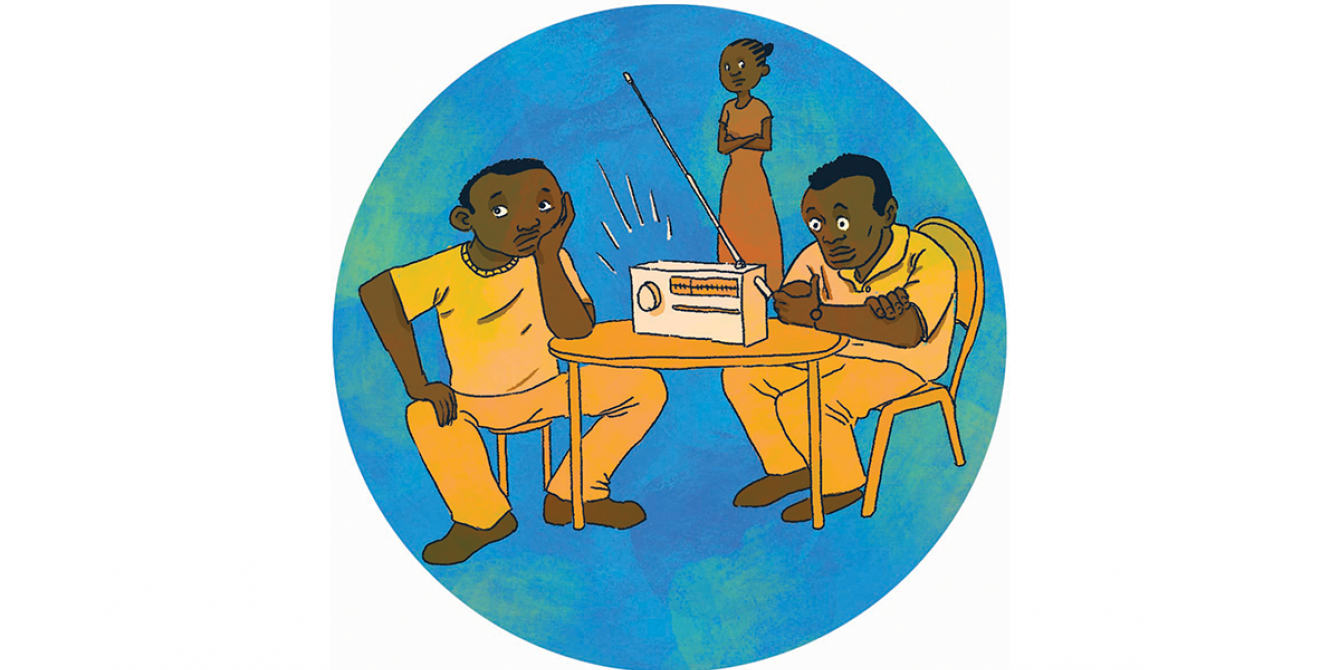FACT N°6 – Women and girls face a lack of access to information

From the study: West African women facing COVID
FACT N°6 – Women and girls face a lack of access to information
The COVID-19 crisis highlights dramatically how women and girls in West Africa still have limited access to reliable information, sometimes preventing them from making the best decisions for their safety and one of their families and communities. Social networks (especially What’s App) and the word-of-mouth, occurring during water collection or market hours, appear to be the main medium women use to inform themselves about the sanitary situation. Access to radio and television remain largely controlled by men within the household, preventing them from accessing these media. Moreover, for women who are often not educated and don’t speak the official languages (English or French) in which official information is often relayed, social media such as What’s App are more practical.
In such a context, rumors can spread faster than official information coming from the government. If women don’t have access to information, they are more at risk of believing that the COVID-19 pandemic is not real or to be misinformed about how to treat the disease’s symptoms (with ginger tea, spices or local plants for example). As women are the primary caregivers inside the household and within communities, they should be correctly informed about the disease in order to make the right decisions to prevent the spread of the disease.
Adam Dicko is a young Malian activist who uses web TV and social networks to raise awareness about the virus, the hygiene measures, and fight fake news: “There are still people in Mali who do not believe that the virus is real (…). The curfew did not prevent the virus to spread. Daily habits did not change, mosques remain full”, according to one of her web TV video where she speaks to both men and women.
RECOMMENDATIONS
Authorities, jointly with health workers, should set up informative sessions targeting women in order for them to access quality and reliable information about the virus and how to treat it. Men should be targeted by campaigns to raise their awareness on the stakes of getting the proper information to women in order to ease their access to it. Community radios should relay the official information from the government in local languages, preferably at hours where men are at home for women to be able to listen as well. Official messages should also be relayed on social media and through medium women use in order to allow them to access to reliable information in spaces they are already using. Finally, making access to the internet more democratic is important to guarantee equality between men and women in accessing information.
FACT N°7 – Women and girls face the burden of social norms (READ MORE)
FACT N°1 – Women face disruption to their economic activities (READ MORE)
FACT N°2 – Women and girls face limited access to social services (READ MORE)
FACT N°3 – Women and girls face an increase in their vulnerability and gender-based violence (READ MORE)
FACT N°4 – Women and girls face the food crisis (READ MORE)
FACT N°5 – Women face limited representation and participation in decision-making spaces (READ MORE)
Introduction to the study "West African women facing COVID"








 Follow us on Facebook
Follow us on Facebook Our videos on YouTube
Our videos on YouTube Follow us on Twitter
Follow us on Twitter